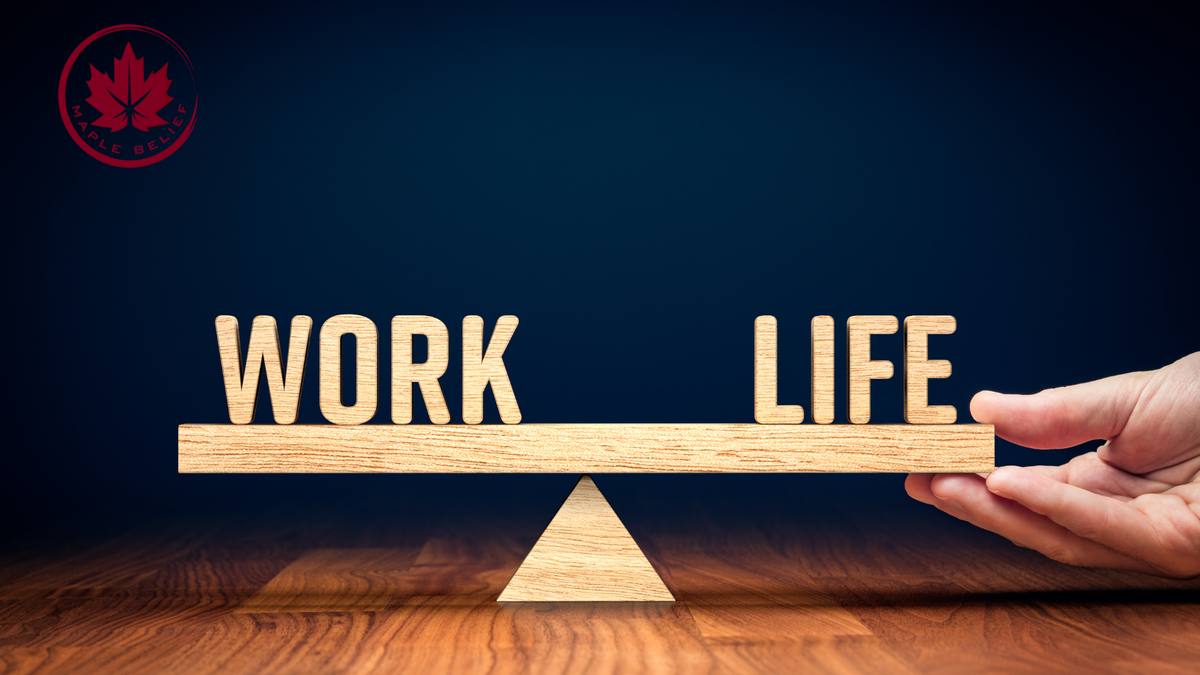The Art of Drawing Healthy Boundaries
Protecting Your Time and Sanity in an Always-On Culture

Protecting Your Time and Sanity in an Always-On Culture
Recently, I met Zoe (name changed), a talented young professional hitting impressive career goals in record time. Despite her success, she confessed creeping exhaustion shadowed her meteoric rise.
Endless pressure to be accessible left her tethered to email late into the evenings. She sacrificed hobbies, friendships, and self-care in the name of advancement. Quietly, she was burning out without realizing as her work eclipsed all else.
In probing further, Zoe’s habits echoed many professionals, especially younger generations, entering more agile yet chaotic work landscapes. We celebrate the virtues of hustling 24/7 under the badge of “passion.” The insidious myth persists that utterly consuming ourselves in service of a career reflects commitment and drive. But at what cost?
My conversation with Zoe reminded me of the vital skill we often neglect until a crisis hits: establishing healthy boundaries that respect our personal lives while still achieving professional goals. Because without those guardrails in place, we careen toward burnout.
Assessing Your Real Boundary Needs
Before diving into boundary-setting tactics, pause to examine:
What specific areas of your life feel squeezed by work’s encroachment? Make a list. Common culprits include relationships, sleep, hobbies, and even basic downtime.
Scan your typical weekly calendar. What patterns emerge? Where do work obligations bleed into personal domains? How might you realistically reclaim some of that time?
What weekly rhythms would make you feel balanced and energized? Map your ideal allocation of work, focused personal time, relationships, and self-care. This vision guides the boundaries you need.
Identifying those needs equips you to articulate both what you’re protecting and why it matters, which bolsters your conviction to maintain boundaries when tested.
Your Blueprint for Boundaries
Once armed with self-awareness, chart your boundaries. For most, key areas requiring rules of engagement include:
Work hours: Define start and end times appropriate for your needs. Allow flexibility for occasional exceptions, but stick to these times as much as possible.
Communication: During set work hours–focus. After hours–set your devices on airplane mode, disable notifications, and inform key contacts you are unavailable.
Work location: When possible, resist working in personal spaces (like your bedroom). Keep work activity confined to designated areas like your home office to psychologically separate domains.
Additional tasks: Learn to resist excess requests without guilt. Use language like, “My bandwidth doesn’t allow taking this on right now, but let’s brainstorm who else could.”
Maintaining Your Boundaries
Of course, declaring boundaries alone guarantees nothing. You must codify those rules through consistent repetition to form lasting change. Start by identifying your biggest challenge area and stick to small, attainable goals, layering gradually toward broader transformation.
And you can’t do it alone. Enlist support from loved ones by explaining your renewed commitment to balance. Ask them to help hold you accountable on boundary adherence. Share your journey with like-minded colleagues, too. Knowing others wrestle with similar pulls prevents feeling alone when struggling.
When Boundaries Inevitably Get Tested
On your road to healthier boundaries, formidable obstacles will confront you: perfectionism, guilt, fear of stalling your career, and the big one—FOMO (fear of missing out).
When those resistance forces ignite doubt and anxiety, remember why you started this path. Your overall well-being, creativity, and judgment depend profoundly on nourishing a spectrum of needs—not just career ambition. Boundaries strengthen, not inhibit.
With consistent practice, the turbulence smooths out. You discover renewed energy within those protective guardrails. Your focus clarifies. You work and live with greater purpose and presence. Things feel less frenzied and more intentional.
Work-life balance, after all, honours our human needs for both purposeful effort and regenerative rest. With some courage and priority reordering, we can claim space for both. Our careers and souls depend on it.